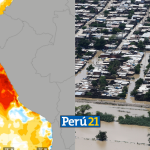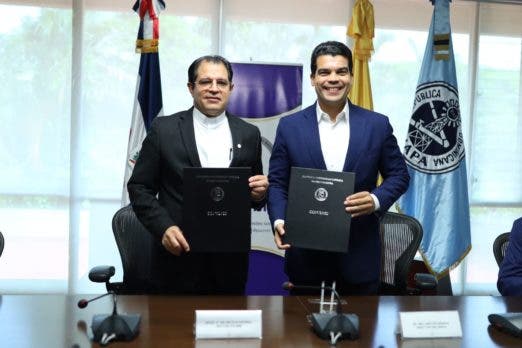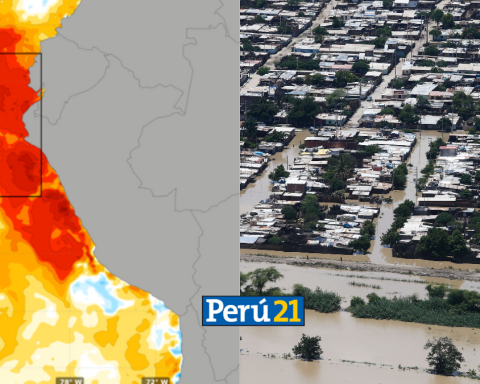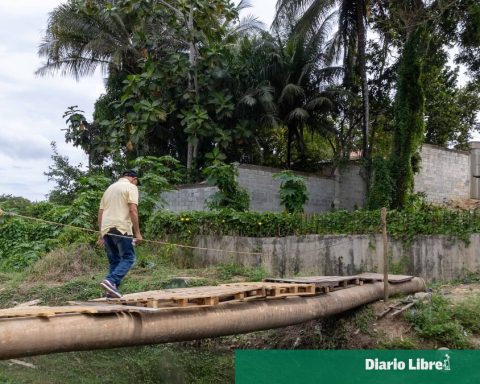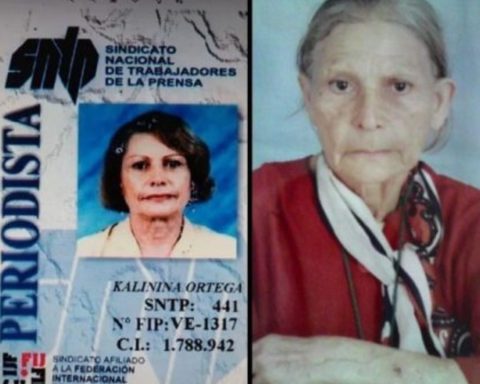
The Internal Audit of the Nation (AIN) found in a recent review that, between March and December 2020, TuApp baskets were delivered to people who they did not correspondand even transfers were made in the name of deceased people.
According to the AIN, almost 50,000 baskets were delivered to people who did not qualify, representing almost 20% of the total of 262,000 beneficiaries. The former director of Mides, Juan Pablo Labat, commented that the AIN report makes it clear that there is no certainty that the beneficiaries of the program are the target population.
There is also no reliable evidence that the physical baskets have actually reached the hands of the people who needed them, and that they were contemplated in the orbit of the Ministry of Social Development (MIDES) as authorized to do so.
The Audit found that, during the period in which the Tuapp basket operated, there was a lack of transparency and accountability.
Until December 17, 2020, MIDES received 337,679 requests for digital baskets, and 33,857 physical baskets. The beneficiaries would represent, in final figures, almost 11% of the national population of 3.47 million inhabitants.
Among the conclusions of the audit were found 279 exchanges with identity cards of dead individuals. Of these, 256 died in 2020 “so it is verified that these exchanges were possible due to not having purged the (data) bases periodically,” says the text of the report.

Inconsistent databases
The Tuapp platform was managed by the company República Negocios Fiduciarios (RENEFRISA), after an agreement with MIDES, and the audit found discrepancies between the databases managed by both entities.
For example, several exchanges were found for the same identity card (when only one basket should be given), or 102 exchanges in the same month with a different identity card and the same cell phone number (despite the fact that one identity card number and one cell phone must be related).
In another of the facts questioned by the audit, it is pointed out that 49,956 exchanges were made by people who were not in the MIDES database but were in RENEFRISA, out of a total of 262,382 enabled. Overall, 19% of those who received baskets through Tuapp, between March and December 2020, were not on the MIDES lists, so they were not formally authorized beneficiaries.
Opacity in administration
Regarding transparency, the AIN found that “Neither the protocol nor the agreements dated 04/08/2020 and 10/28/2020 include clauses regarding the obligation of FENEFISA to render accounts to MIDES, or of the businesses to this Ministry regarding the management of payments and of the items sold respectively.
Nor do the protocol and the agreement establish the conditions that businesses had to meet to join the system, so the establishments could have registered. “without checking that they are up to date with their obligations with BPS and DGI as established in decree 342/992”, adds the audit.








